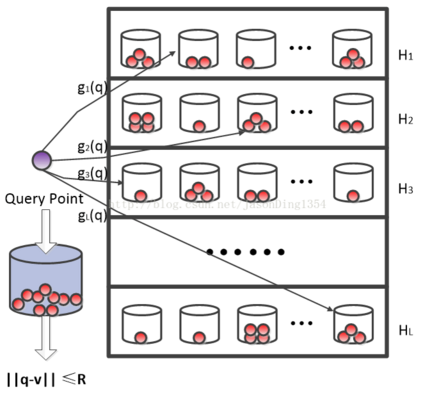Given an increasing sequence of integers $x_1,\ldots,x_n$ from a universe $\{0,\ldots,u-1\}$, the monotone minimal perfect hash function (MMPHF) for this sequence is a data structure that answers the following rank queries: $rank(x) = i$ if $x = x_i$, for $i\in \{1,\ldots,n\}$, and $rank(x)$ is arbitrary otherwise. Assadi, Farach-Colton, and Kuszmaul recently presented at SODA'23 a proof of the lower bound $\Omega(n \min\{\log\log\log u, \log n\})$ for the bits of space required by MMPHF, provided $u \ge n 2^{2^{\sqrt{\log\log n}}}$, which is tight since there is a data structure for MMPHF that attains this space bound (and answers the queries in $O(\log u)$ time). In this paper, we close the remaining gap by proving that, for $u \ge (1+\epsilon)n$, where $\epsilon > 0$ is any constant, the tight lower bound is $\Omega(n \min\{\log\log\log \frac{u}{n}, \log n\})$, which is also attainable; we observe that, for all reasonable cases when $n < u < (1+\epsilon)n$, known facts imply tight bounds, which virtually settles the problem. Along the way we substantially simplify the proof of Assadi et al. replacing a part of their heavy combinatorial machinery by trivial observations. However, an important part of the proof still remains complicated. This part of our paper repeats arguments of Assadi et al. and is not novel. Nevertheless, we include it, for completeness, offering a somewhat different perspective on these arguments.
翻译:暂无翻译





